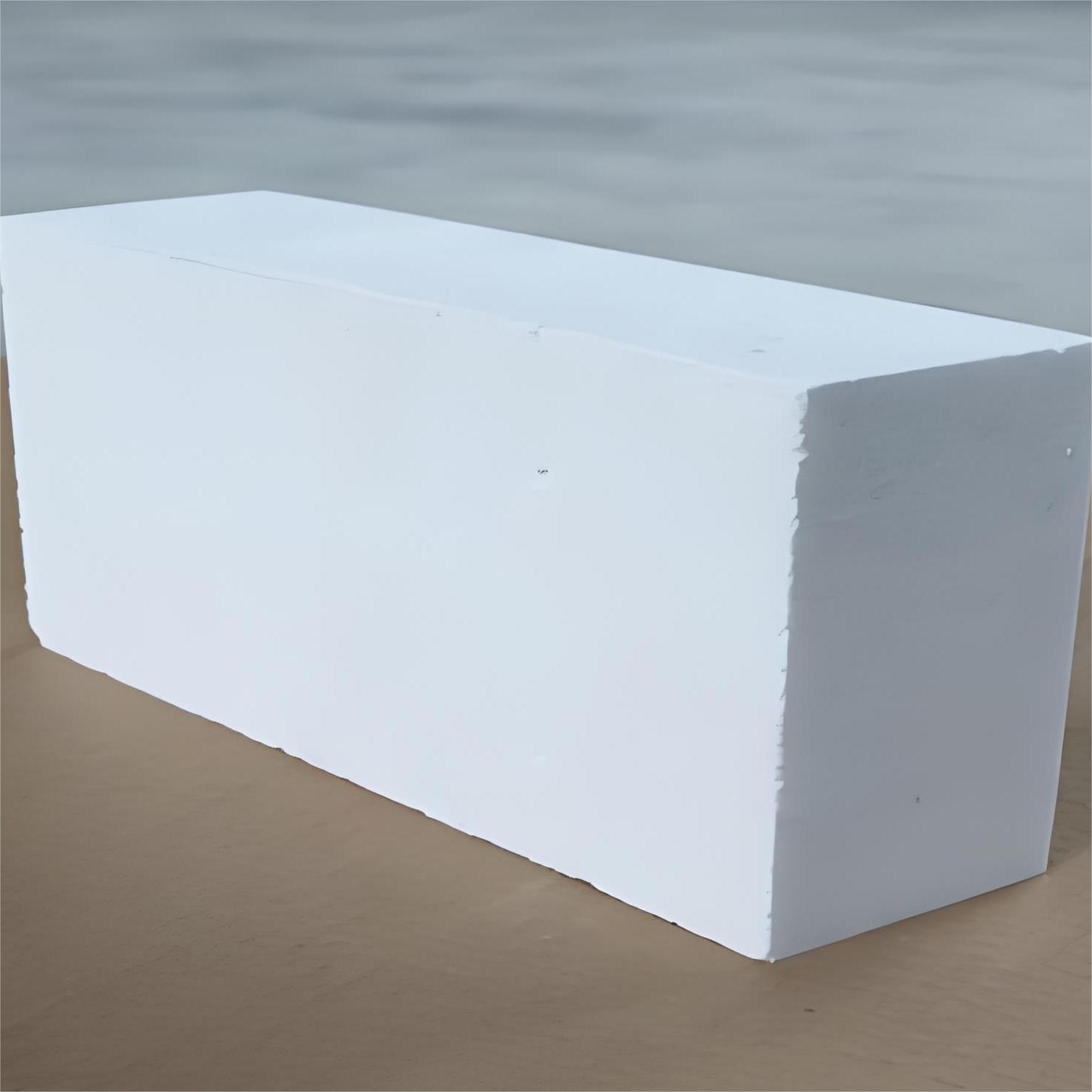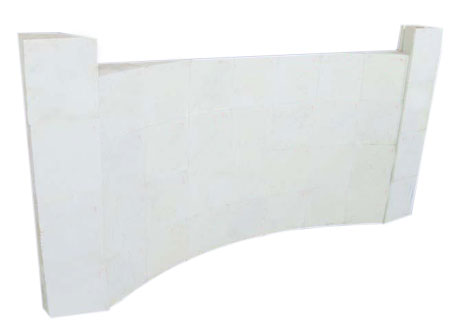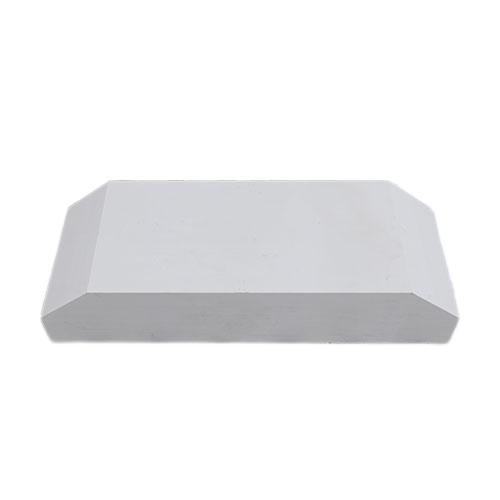
In the global glass manufacturing industry, maintaining production stability is paramount to ensuring consistent product quality and operational efficiency. Process interruptions, refractory wear, and contamination risks severely impact output and costs. High-performance refractory materials have emerged as critical enablers in mitigating these challenges. One groundbreaking solution is the β-alumina block, developed by Zhengzhou RongSheng Refractory Co., Ltd., which has proven its capability to significantly improve glass production stability through superior material properties.
The RTK - H β-alumina block is composed almost entirely (close to 100%) of β-alumina, a crystalline phase renowned for its exceptional mechanical and chemical properties. Unlike conventional alumina bricks, this dense microstructure offers enhanced durability and resistance to thermal shock. The high degree of densification minimizes porosity, which is critical in reducing penetration of molten glass and corrosive slags.

Glass production faces frequent challenges related to refractory degradation, especially peel-off and corrosion caused by acidic or basic slags and thermal cycling. The RTK - H β-alumina block excels in the following aspects:
Additionally, the absence of any glass phase in the refractory material prevents chemical reactions that typically degrade glass quality, thus ensuring high-purity glass output consistently throughout production cycles.
Multiple global glass manufacturers have incorporated RTK - H β-alumina blocks into their furnaces, reporting marked improvements in operational reliability. For instance, a European soda-lime glass plant documented a 25% reduction in furnace downtime and a 15% increase in production yield after switching to RTK - H blocks. The refractories sustained intense thermal cycling for over 18 months without significant wear or performance degradation.

Such performance is augmented by rigorous quality control adhering to international refractory standards (ISO 9001 and ASTM specifications), guaranteeing consistency and reliability.
When compared to traditional alumina-based refractories and fused cast AZS bricks, RTK - H β-alumina blocks demonstrate superior resistance to chemical corrosion and mechanical stress. Unlike fused cast bricks, RTK - H avoids glass phase inclusions that often lead to structural weakness — a common cause for early failure and contamination.

This unmatched balance of chemical stability, mechanical toughness, and structural integrity makes RTK - H the preferred material choice for glass producers seeking to optimize furnace longevity and product quality without frequent maintenance interruptions.
In summary, the high-performance β-alumina block RTK - H represents an advanced refractory solution engineered to tackle the critical challenges of glass manufacturing. Its near-pure β-alumina composition, dense microstructure, and excellent resistance profiles directly translate into enhanced furnace stability, longer service life, and superior glass quality. Compliant with stringent international standards, it offers glass manufacturers a reliable, safe, and effective path to operational excellence.
Discover how β-alumina block can transform your furnace performance and reduce operational risks. Contact Zhengzhou Rongsheng Refractory Co., Ltd. today for sample requests, technical consultations, and tailored solutions designed to meet your specific production needs.
Get in Touch Now









